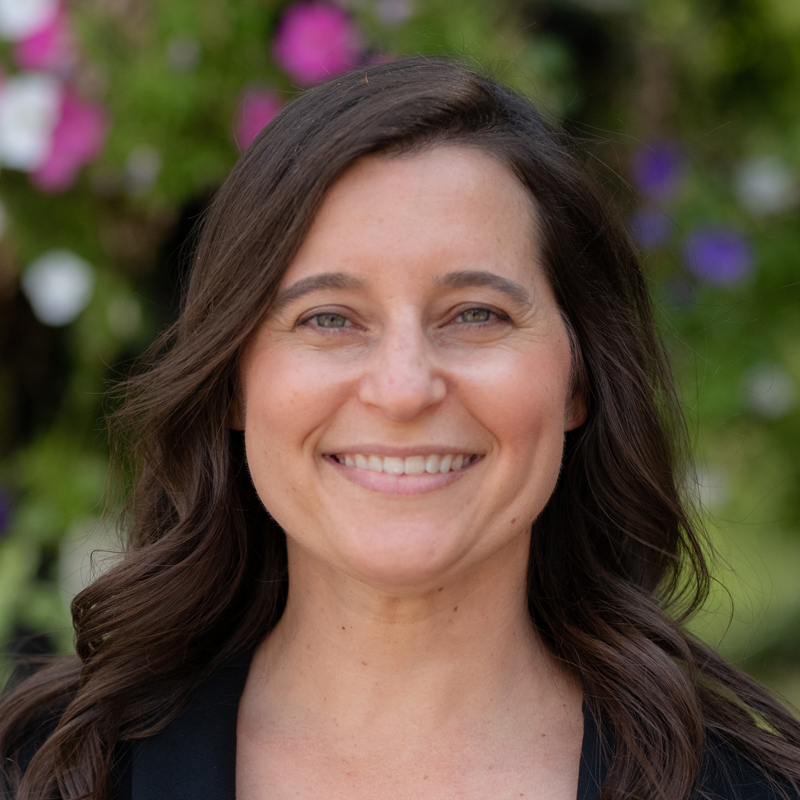Interview With an Investing Giant
Amanda Heckman|November 9, 2023

Wow…
When we told you last week that we were bringing on Shah Gilani as our Chief Investment Strategist… we expected folks to be happy…
But the outpouring of welcome messages and support has been overwhelming and gratifying.
Welcome! You are an awesome trader and advisor. – V.K.
Welcome aboard, we’re in for a great cruise. 🙏 – P.M.
Welcome, Shah! Glad you made the jump. Far out, man! – L.W.
Great news. Welcome aboard. In these confusing investing and world-shifting times, it’s comforting to know that all is not lost. – J.T.
What fabulous news to hear you are joining the Manward team. I am always excited to hear your comments and recommendations on Mornings with Maria and Varney & Co. It tells me I made the right decision to follow Manward. – J.S.
Hello Shah, and welcome to Manward Press. This is unexpected but exciting news for Manward followers like me. – C.B.
Thank you for your notes of welcome… and keep ’em coming!
Today, we want to share the interview Andy conducted with Shah for the November issue of Manward Money Report. For those who don’t know Shah… it’s a memorable introduction to him and his investing style. (And for those who do know him… it’s a reminder of the excellent decision you made to follow him.)
After you read what’s below… you’ll see that his hard-earned, common-sense investing approach is perfect for Manward.
Enjoy.
Andy: Shah, you’ve been in the markets a long time… four decades, in fact… first as a market maker at the Chicago Board Options Exchange and then as a hedge fund manager. What do you attribute your success to?
Shah: I’ve been very successful – if I dare say that without sounding too sure of myself – because I know what I don’t know. And I’m always answering what most people think of as imponderables: how markets work, how different asset classes trade, why they trade the way they trade, why they change, what’s changing, and how my trading and investing tactics should change.
Because in the markets, everything changes. Sure, we get long runs where not a lot changes, and it’s easy and insanely profitable to trade and invest during these times… but then things change. Economies ebb and flow, rise and fall – as do political regimes, central bank policies and business paradigms. They’re all tradable.
From all the changes I’ve lived through and traded through, I’ve distilled a handful of truths about how to trade and invest. Those axioms are immutable… and they are the keys to my success.
Andy: We like to say money goes where it’s treated best. It’s one of our most popular sayings at Manward. And, Shah, you say something similar… that no matter what’s happening in the markets, there’s always a place to make money. How did you come by that mantra?
Shah: The hard way. When I started out, I didn’t know all the different ways to make money trading and investing. When I got creamed being long on stock positions, I learned to short and make money on the way down.
I also learned a lot working in the pit. When I was standing in, say, the General Motors pit at the CBOE and there was nothing going on in GM or in the stock market for a day or a week, I’d hear commodity traders in the halls of the Board of Trade (where the CBOE was located) talk about soybeans or corn making new highs.
I met and hung out with bond futures traders fading the Fed and shorting T-bond futures in huge quantities before the announcements of whether the Fed was doing repos or reverse repos. (I’m telling you, Tommy Baldwin was the biggest and best bond futures trader… ever.)
So I learned to trade commodities and bonds. I hung out with traders at places like Berghoff’s bar, and I hung out with Merc (Chicago Mercantile Exchange) currency and derivatives traders at places like Gene and Georgetti (a popular steakhouse). I learned to trade in every kind of market – up, down and even sideways.
That’s how I know there’s always a place to make money.
Andy: If you had to sum up your investment philosophy in just a few sentences, what would it be?
Shah: First, and this is what I tell everyone starting out, every investment starts out as a trade. So don’t think you’ll become a great investor like Warren Buffett, because you’re not buying companies… you’re buying stocks, you’re trading.
That’s how you start.
If you don’t start by trading, you’ll never become a rich investor. As a trader, you manage your risk. If your new trade doesn’t work out, you get out with a small loss. If it works out at first and then keeps working out, it becomes an investment. You don’t look to sell your investments because you’ve obviously picked a disrupter that’s changing the world in some way.
That’s as simple as it gets.
Also, I’ll steal a saying from one of my idols, the late, great Bruce Lee: “Be like water, my friend.”
Trade and invest with the flow, with the trend. Don’t try to change the shape of markets or fade them. The path of least resistance is the path you want to be on.
Andy: What’s the one thing you’ve learned about the markets that you wish all investors knew?
Shah: Don’t be afraid to start. If you never start, you’ll never get rich. That’s where the trading mentality comes in. Once you pull the trigger and put in a trade, there’s only two ways it can go…
For you or against you.
If the trade goes against you, so what? It’s not an investment you’re stuck with, it’s a trade. You cut your losses and look to put in another trade. You’ll figure it out quickly this way.
And when you start having more winning trades, you’ll realize the only thing you feared was losing, and losing a little is small potatoes.
Andy: What’s one thing readers can do today to improve their chances of making money over the next year?
Shah: Without sounding flip – because I really mean it – they should follow me. The next 12 months are going to be incredibly volatile. It’s going to impact all asset classes, but especially stocks and bonds. Knowing how to trade extreme volatility will be the one absolutely necessary skill investors need to make money.
And volatility is my thing.
Not because I helped invent the VIX, helped figure out implied volatility and how to incorporate it in options pricing… but because I know volatility is the lifeblood of trading. It’s manna from heaven. Most investors – yes, I’m generalizing – go to the sidelines when volatility explodes. That’s why they call the VIX the “Fear Index.” Volatility numbs most investors into inaction. Trading volatile markets is easy for me because I embrace the opportunities they create, particularly trading to the downside on any asset class, especially equities.
But if you’re not going to follow me, then trust yourself. Make trades when you see obvious setups. Don’t hesitate because good setups come and go quickly. Don’t be greedy and try to capture unrealistic profits. Ring the register regularly. If you get caught on the wrong side of a trade, cut your losses quickly and look to put in another trade.
“Be like water, my friend.”

Amanda Heckman
Amanda Heckman is the publisher of Manward Press. With unrivaled meticulousness, she has spent the past 15 or so years in the financial publishing industry. A classically trained musician and a skilled writer in her own right, Amanda takes an artistic approach to the complex world of investing. Her skill has led her to work with numerous bestselling authors, award-winning financial gurus, and – lucky for us – the fine folks at Manward Press.



